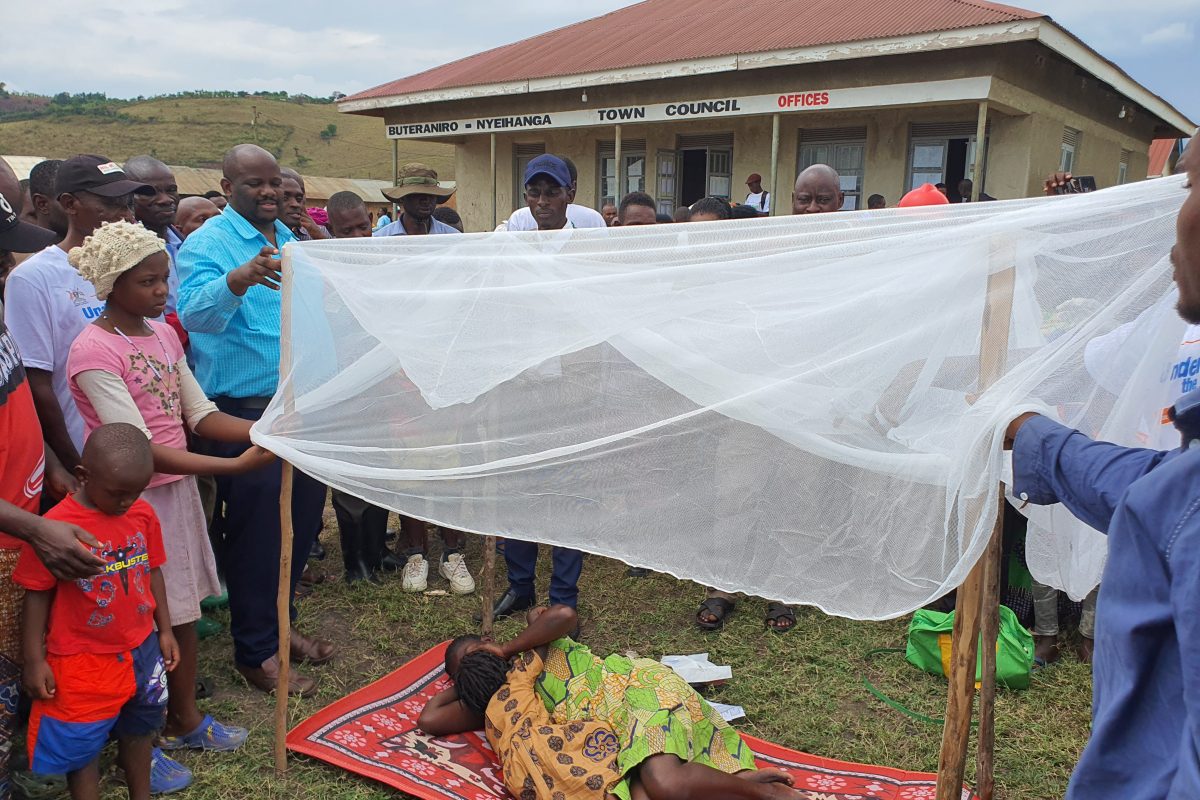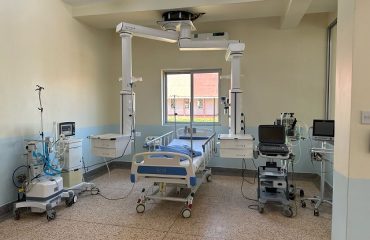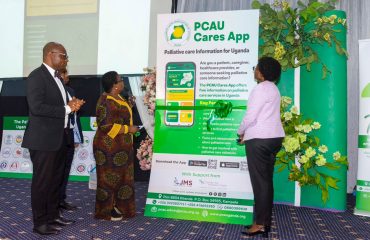

Rwampara District, Uganda – In a promising turn of events, the Government of Uganda’s proactive efforts to combat malaria through distributing long-lasting mosquito nets have yielded significant results in Rwampara District. According to local health officials and community members, the impact of this initiative is indisputable.
Over the past several months, the Government has been distributing long-lasting mosquito nets to communities across Uganda. These efforts have not gone unnoticed, as they have brought about a notable decline in the number of undiagnosed malaria cases at local healthcare facilities.
The District Health Officer, Sinya John Michael, who closely observed the effects of the mosquito net distribution, shared his insights. He stated, “The impact is evident. After the distribution of mosquito nets, we noticed a considerable reduction in the number of people seeking treatment for undiagnosed malaria at our healthcare facilities. We’ve been comparing data over a six-month period with previous months when mosquito nets were not available, and the difference is clear. People began using the nets immediately, and I highly advocate for their continued distribution and use.”
The decline in malaria cases can be attributed to the widespread adoption of mosquito nets within the community. These nets have proven to be an effective tool in preventing the transmission of malaria by providing a physical barrier between individuals and disease-carrying mosquitoes.
Additionally, the Government has implemented a rigorous follow-up and surveillance system to ensure the sustained use of mosquito nets. Local Community Village Health Teams (VHTs), community workers, health assistants, and health inspectors are actively involved in this effort. They conduct weekly visits to assess the utilisation of mosquito nets and monitor the prevalence of malaria in the community.
The community health workers, emphasised the importance of this surveillance system, saying, “We have a robust surveillance system in place. Our teams are in the field every week, collecting data and assessing the situation. This ensures that the mosquito nets continue to be used effectively and that any emerging issues are addressed promptly.”
The Government’s commitment to providing mosquito nets remains unwavering, with a plan to distribute them every three years. This proactive approach is essential to combat the persistence of malaria and ensures that the nets continue to serve their intended purpose.
Furthermore, pregnant women in the community are a priority for the distribution of mosquito nets. This additional measure contributes to reducing the risk of malaria transmission to vulnerable populations.
In conclusion, the Government of Uganda’s distribution of long-lasting mosquito nets has significantly impacted reducing malaria cases in Rwampara District. The diligent follow-up and surveillance efforts underscore the commitment to sustaining this progress and protecting the health of the community. With continued support and vigilance, the prevalence of malaria is expected to further decrease, bringing hope and improved health to the people of Rwampara District.
By Akena Martin
Communication Officer, GCIC-STATE HOUSE



